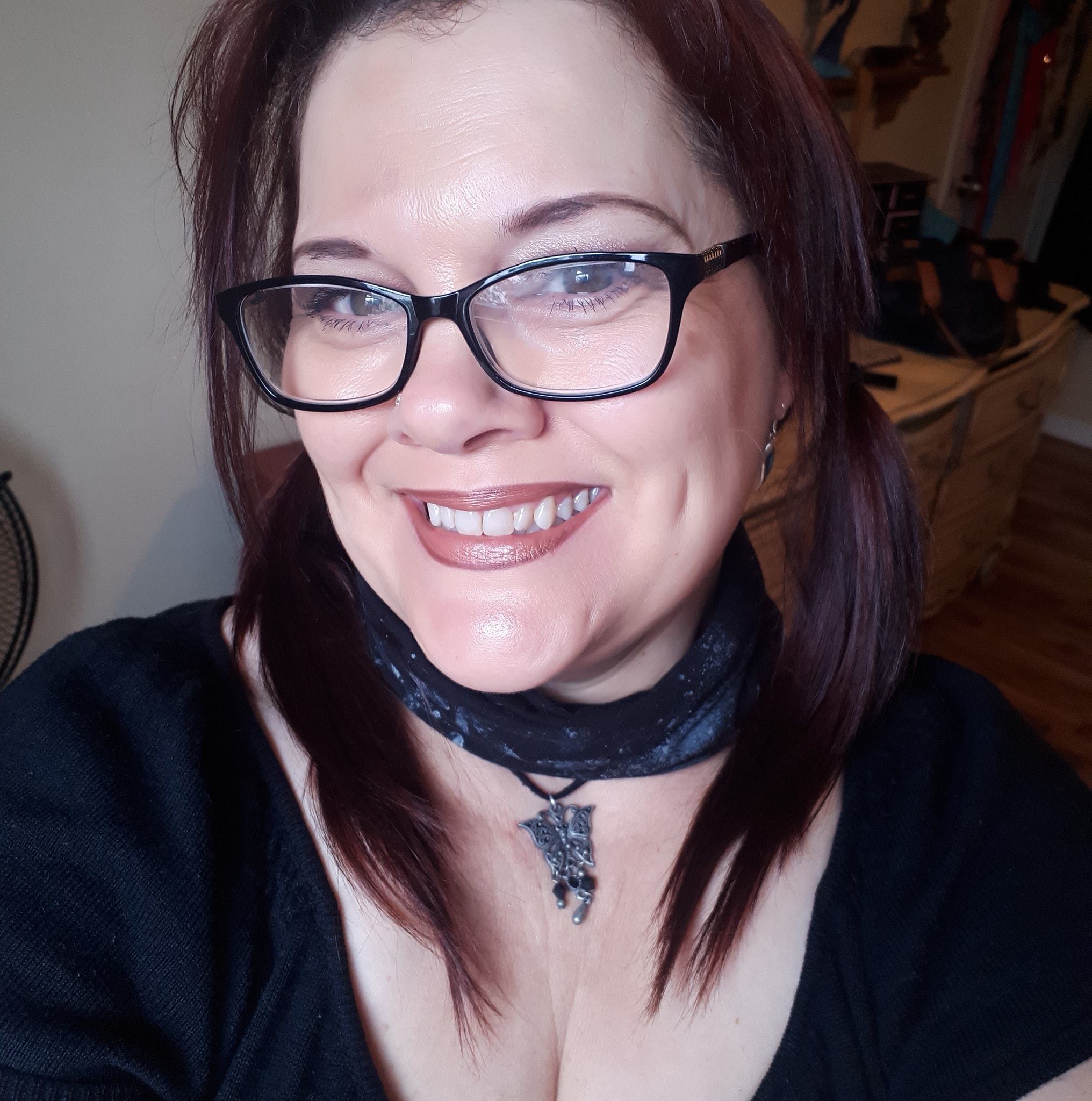Advancing recovery

Subscribe to Catalyst
Subscribe to get our magazine delivered right to your inbox
Related Articles
Related Articles
New implementation toolkit offers practical resources for mental health and substance use care
Understanding recovery starts with acknowledging that every person is entitled to a satisfying, hopeful, and contributing life, even if they experience mental health problems or illnesses and/or substance use concerns. With that basic right comes a powerful shift to a path toward wellness that is rooted in hope, dignity, self-determination, and responsibility. In concrete terms, recovery-oriented practice encompasses a range of services and supports designed to meet each person’s goals and needs.
Practitioners, service providers, and policy makers in Canada (and around the world) increasingly recognize the principle of recovery as essential for improving mental health systems and outcomes. More importantly, it is embraced by persons with lived and living experience and their families, whose values and insights are crucially important for successful outcomes.
The time is ripe
To further advance the use of the recovery approach in mental health and substance use care, the Mental Health Commission of Canada (MHCC) has just released Recovery-Oriented Practice: An Implementation Toolkit. The new toolkit builds on the MHCC’s Guidelines for Recovery-Oriented Practice (Guidelines) and offers wide-ranging resources to show everyone across the health services system how to apply recovery-oriented approaches — no matter what their role, profession, discipline, seniority, or level of contact with service users.
The toolkit also outlines in detail how implementation of a recovery-oriented approach could work across different settings, from a large mental health hospital to a mid-size not-for-profit community mental health service to a small community support network. Included are ideas for using the Guidelines, examples of the progression through four action phases, and several tools, resources, and templates to support these efforts.
Persons with lived and living experience as equal partners
The importance of such values and insights is illustrated in the section on How to Take Action. Using the principles of implementation science, a method for turning best practices into actions, the toolkit emphasizes the significance of “co-production”: the process of engaging persons with lived and living experience as equal partners in identifying opportunities and creating solutions to improve services. Co-production is closely aligned with recovery-oriented principles through its use of a strengths-based approach and by valuing everyone’s participation.
Real-world examples
Eight real-world examples bring these ideas into more concrete terms through stories that shed light on the many ways recovery principles can be adopted and applied. One of these organizations has a long history of putting co-production at the heart of what they do.
CHANNAL (Consumer’s Health Awareness Network Newfoundland and Labrador) has been operated by and for persons with lived and living experience since its inception in 1989. As a non-profit network providing support, education, and policy advice, its main goal is to encourage recovery and self-determination by providing a safe space where people can support and learn from one another.
According to the organization’s public education supervisor Monica Fletcher, “the toolkit’s real-world section brings the large and somewhat idealistic concept of recovery into the realm of the possible, yet also makes it understandable and doable.”
While she is impressed by the way the toolkit maps out all the steps involved, she is realistic about what that means. “Make no mistake,” she explained, “implementation will take time to set up, assess, and complete — and commitment from the top down — although in the end, it will improve the lives of everyone involved. And that makes the effort worth it.”
Fletcher speaks from first-hand knowledge about such perseverance. In citing the process of instilling the skills and resources for recovery-oriented practice in CHANNAL’s workforce, she emphasized that “training and support is embedded into everything we do. All decisions the leadership team makes include feedback from our front-line peer supporters. We look to them for direction. If something doesn’t work, either for the people we support or our staff, we make changes. We allow all staff to take personal responsibility for their wellness. Even though this may look different for each person, it works. It’s a constant ebb and flow.”
For Troy, a CHANNAL service user who lives with schizophrenia, everything they do is about his recovery, not his illness. “I’ve seen counsellors, occupational therapists, family doctors,” he said. “It’s only at CHANNAL where I don’t feel like a victim.”
The growth of recovery
In CHANNAL’s case, the commitment to people with lived and living experience and to recovery has been central to changes across Newfoundland and Labrador. In 2017, the minister of Health and Community Services launched a new Provincial Recovery Council for Mental Health and Addictions, placing CHANNAL’s executive director in a leading role. Now, the organization not only advises the minister directly, its services have also grown exponentially (up 1,000 per cent between 2015 and 2020).
“It’s taken CHANNAL 10 years of concerted effort to get to where we are today,” said Fletcher. “When I started working here six years ago, there were only three front-line peer supporters. Now we have 33 staff members across Newfoundland and Labrador that we train and support. Many of our peer supporters work hand in hand with clinical teams while offering their training and experiential knowledge to support individuals in a professional and recovery-oriented manner.”
Organizations wishing to begin or further their implementation process can download the new toolkit from the MHCC’s Recovery page.
Suzanne Westover
An Ottawa writer and former speechwriter, and Manager of Communications at the Mental Health Commission of Canada. A homebody who always has her nose in a book, she bakes a mean lemon loaf (some would call her a one-dish wonder) and enjoys watching movies with her husband and 14-year-old daughter. Suzanne’s time with the MHCC cemented her interest in mental health, and she remains a life-long learner on the subject.